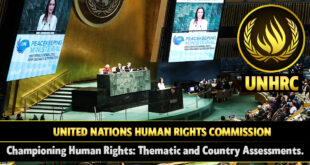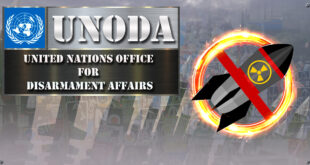From the time President Maithripala Sirisena sacked Mr. Wickremesinghe on October 26, till he dissolved parliament exactly two weeks later, doubts about the constitutional validity of his moves have been a recurring theme. The dissolution of the House in particular, shortly after Mr. Sirisena’s party declared it lacked numbers for a majority, sparked an instant dispute. Is the action, evidently a politically manoeuvre, legally tenable? Under Article 33 Former Chief Justice Sarath N. Silva argues it is. Speaking to the local media, he has pointed to article 33 (2) (c) in the 19th Amendment, which states “in addition to the powers, duties and functions expressly conferred or imposed on, or assigned to the President by the Constitution or other written law, the President shall have the power to summon, prorogue and dissolve Parliament.” His position is in line with many of the President’s supporters, who privilege the import of article 33 (2) (c), over what other pertinent sections may say. However, Asanga Welikala, Director, Edinburgh Centre for Constitutional Law terms the dissolution of Parliament “wholly illegal and unconstitutional”. After the 19th Amendment was enacted in 2015, the Parliament cannot be dissolved by the President during the first four and a half years of its five-year term, unless Parliament itself requests dissolution by a resolution passed by a two-thirds majority. The provisions, he said, were introduced by the 19th Amendment to strengthen Parliament, by removing the power of the President to unilaterally dissolve. “This position is plain from the relevant provisions. The very President who was elected on the ‘good governance’ platform and gave political leadership in the enactment of the 19th Amendment is now acting as if it does not exist,” Mr. Welikala says, adding that Mr. Sirisena’s actions would have “grave consequences” for democracy and the rule of law. Over the last few days, constitutional lawyers questioning the move, have repeatedly stated that Article 33 (2) is a general provision setting out the duties, powers and functions of the President, including that he may dissolve Parliament when he can do so under the law. Article 70 (1), however, is a specific provision that limits this power.
Check Also
Promoting Global Security and Peace: The Multifaceted Mandate and Initiatives of UNODA
TABLE OF CONTENTS UNODA Objectives and Functions Key Initiatives and Programs I.UNODA: United Nations Office …
 Chinmaya IAS Academy – Current Affairs Chinmaya IAS Academy – Current Affairs
Chinmaya IAS Academy – Current Affairs Chinmaya IAS Academy – Current Affairs



